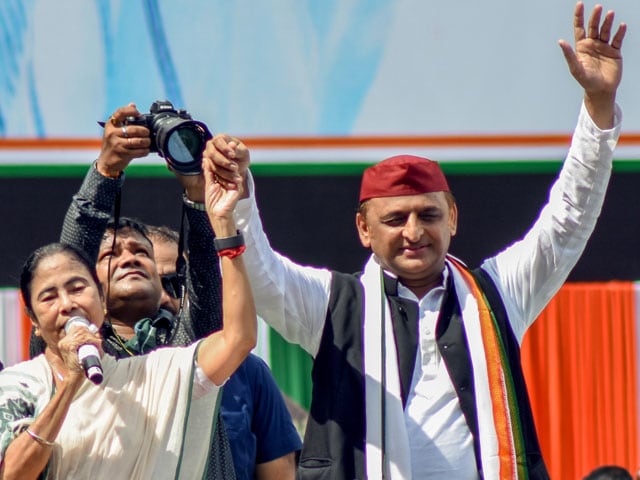Photo used for representation purpose only.
| Photo Credit: The Hindu
While the Finance Minister Nirmala Sitharaman made a mega announcement for the agriculture sector, farmers in Maharashtra, as well as across the nation, expressed their displeasure over the budget allocations.
Considering the prolonged agricultural crisis and poor financial status of farmers across the country, Raju Shetti, president of the Swabhimani Shetkari Sanghatana, a Maharashtra farmers union based in Kolhapur, said even though there was no specific announcement for Maharashtra, all the farmers in his known circle were glued to the television and their mobile phones.
He said, “We were hopeful that the Minister would be considerate and kind towards the welfare of farmers this time, but we are disappointed. Of the total population in our country, over 60% are farmers but, in the budget, only 3.15% provision is given to farmers. In 2019-20 the provision allocated for farmers was 5.44%. The agricultural economic growth which was 4.7% till 2022-23 has now come down to 3.3%. This gradual decline has resulted in continuous farmers suicide cases, specially in Maharashtra.”
Since last year, the government has given priority to palm oil import which has caused the decline in our soyabean produce from ₹9,000 per quintal to now ₹4,500 per quintal, Mr. Shetti said. Farmers feel that banning the export of onion and sugar and encouraging the import of cotton and pulses has resulted in the downfall of our country’s agricultural economy.
Farmers require sufficient warehouse space to stock the surplus produce, Mr. Shetti said. “The price of chemical fertilisers and pesticides have gone up. We urge the Finance Minister to release a white paper stating the GST collected by the government on all the agriculture products and allied industries then check how much provisions they provide for the sector in budget, we demand transparency.“
Farmers said that the Centre’s announcement sounds nice to ears with words like agriculture research setup, natural farming, atmanirbharta, digital public infrastructure and so on but in reality, they are hardly implemented. “The agriculture universities in the State do not have enough faculty, they lack proper infrastructure then how will they teach about latest technology to boost agriculture? Natural farming and organic farming are practically not possible as it does not cater to all sections of consumers,” Mr. Shetti said.
Bharat Dighole, president, Maharashtra State Onion Growers Farmers Association, has welcomed the Finance Minister’s announcement on engaging farmers into natural farming. He added that the farmers were expecting a complete debt waiver from today’s budget. “We [farmers] are disappointed. The government wants to increase agricultural production, but the main problem is that our products do not get sustainable market prices. Farmers had lost crores of rupees due to the drop in prices. Today’s budget did not make any policy decision or financial provision for onion farmers. The government should have made a provision to refund the crores of rupees collected through minimum export price and export duty to the onion producers. Out of the provisions of ₹1.52 lakh crores for the agriculture sector, no provision has been made for the onion producers.”
All India Kisan Sabha (AIKS) President, Ashok Dhawale said that the allocation for agriculture and allied sectors as a percentage of the total budget has been continuously declining from 2019 onwards from 5.44% to the present 3.15%. “Compared to the 2022-23 actuals, there is a 21.2% decrease in allocations for agriculture and allied activities. The Finance Minister, while claiming to have given priority to agriculture, has given priority to corporates while giving zero priority to the welfare of farmers, workers, and the poor,” Mr. Dhawale said.
There is a massive decline of about 24.7% in allocation to crop husbandry, the farmers organisation stated. “There is also a huge decline by about 34.7% in allocation for fertilisers when compared to the 2022-23 actuals, which amounts to a decline of ₹87,238 crores. This will have a deleterious impact on agricultural productivity,” Vijoo Krishnan, General Secretary of AIKS said.
On the proposal for implementation of the digital public infrastructure in agriculture for coverage of farmers and their lands in three years, farmers feel that this should be done only after public scrutiny and wide discussion. The plan to bring details of six crore farmers and their lands into the farmer and land registries can have very serious implications, Mr. Dhawale said. “Such centralised digital registries are prone to breach of confidentiality and can open the doors for land grabbing by corporates and other unscrupulous agents,” he said.








